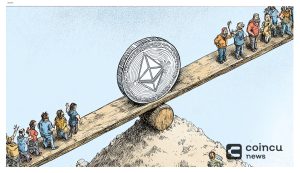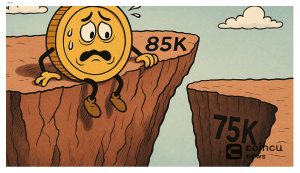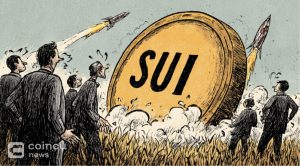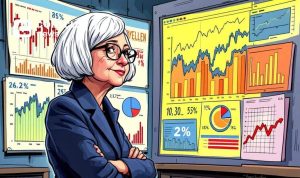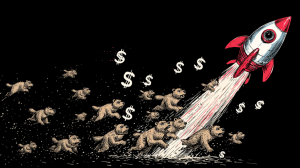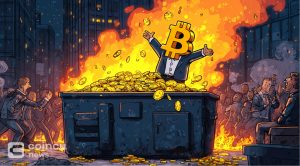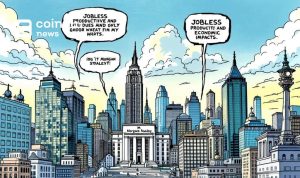- Announcements of tariffs highlighting challenges to the Fed’s policy.
- Potential inflation impacts complicating interest rate strategies.
- Comparisons to historical tariff events suggesting economic disruption.
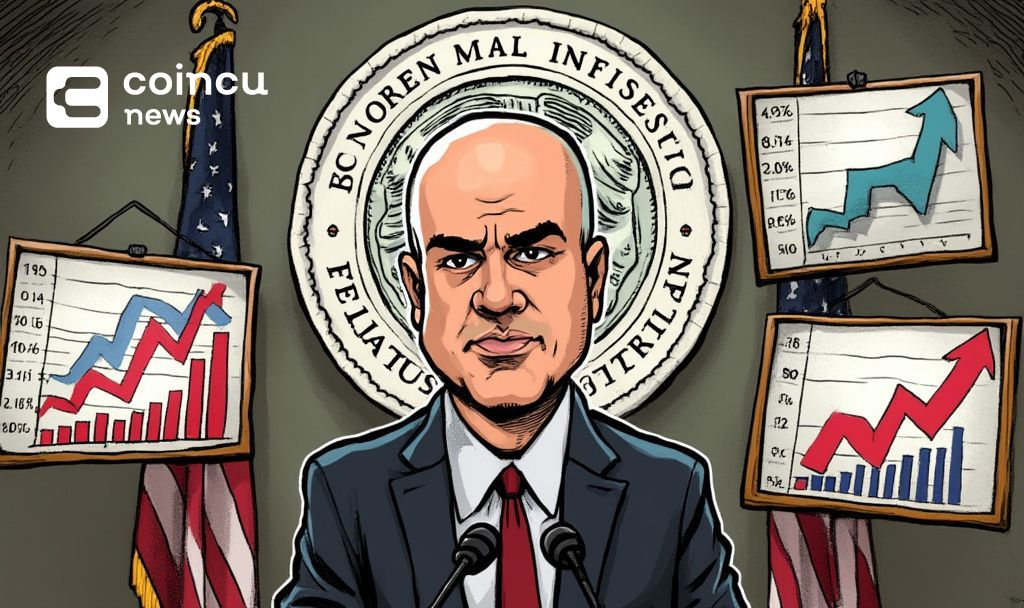
Neel Kashkari, Federal Reserve Bank of Minneapolis President, discussed the impacts of newly announced tariffs on the US economy on April 9, 2025. He emphasized potential challenges for the Fed’s monetary policy.
“The announced tariffs are much higher and broader than expected, resulting in a larger economic effect and shock to confidence. The hurdle to change the federal funds rate has increased,” said Neel Kashkari, President and CEO, Federal Reserve Bank of Minneapolis. source
Tariff-Induced Inflation and Interest Rates
Tariff-induced inflation complicates interest rate decisions, potentially restricting rate cuts amid economic uncertainty.
Market Reactions and Historical Comparisons
The financial markets reacted cautiously to Kashkari’s statements. Tariffs are likely to exacerbate price levels, shrinking GDP, and affecting sectors like manufacturing and technology. Investors brace for market instability due to increased economic uncertainty and potential shifts in liquidity trends.
Did you know?.
In 1937, the U.S. had its highest average tariff rate, and current tariffs (Federal Register Document PDF – Tariff Regulations) rival those levels, causing broad economic implications.
Kashkari compared the tariff situation to past economic disruptions, including the confidence shock during the COVID-19 pandemic. Such scenarios disrupted market dynamics, impacting consumer spending and investment patterns. Analysts emphasize that possible outcomes of trade tensions and tariffs continue influencing global trade, posing challenges to economic stability.
Experts continue to analyze tariffs for their broader impacts. Possible outcomes include shifts in global trade relationships, alterations in consumer behavior due to reduced purchasing power, and the potential for retaliatory actions from major trading partners. Fiscal and Economic Effects of U.S. Tariffs Enacted in 2025 suggest that long-term economic growth prospects and monetary policy adjustments may depend significantly on these evolving dynamics.








